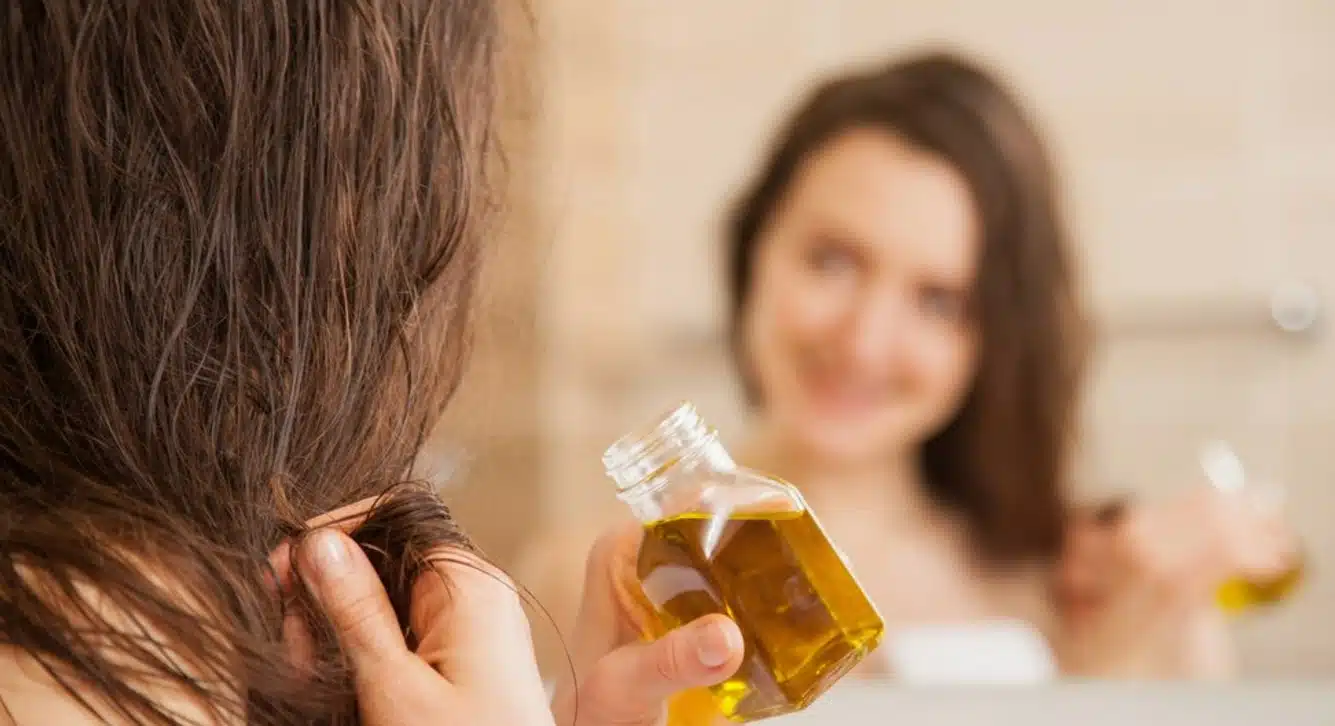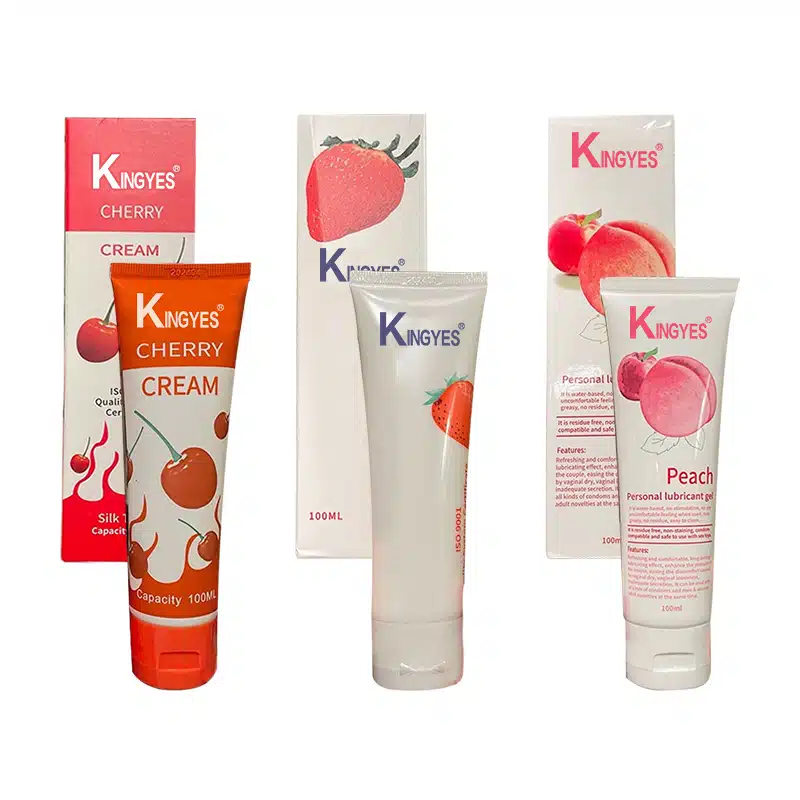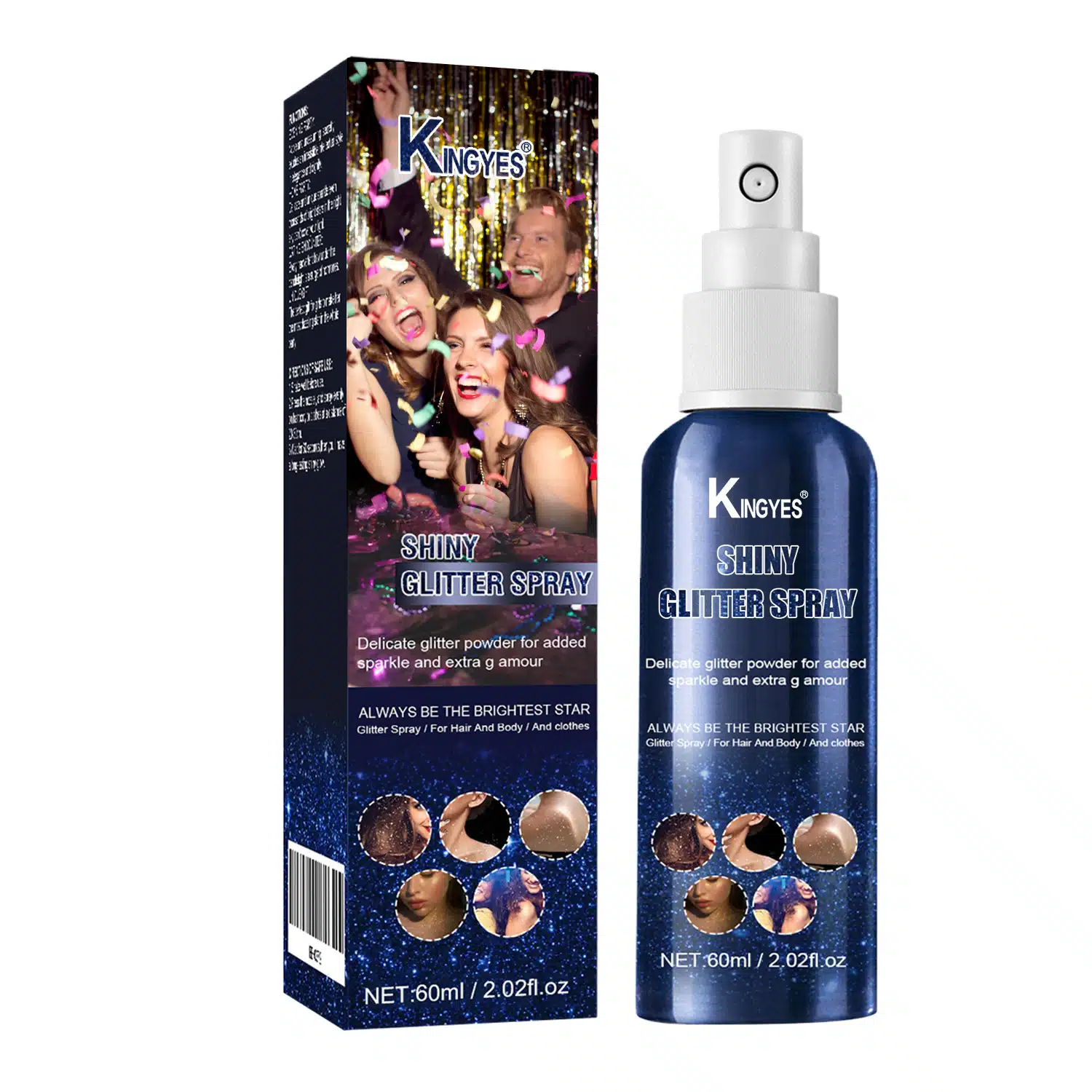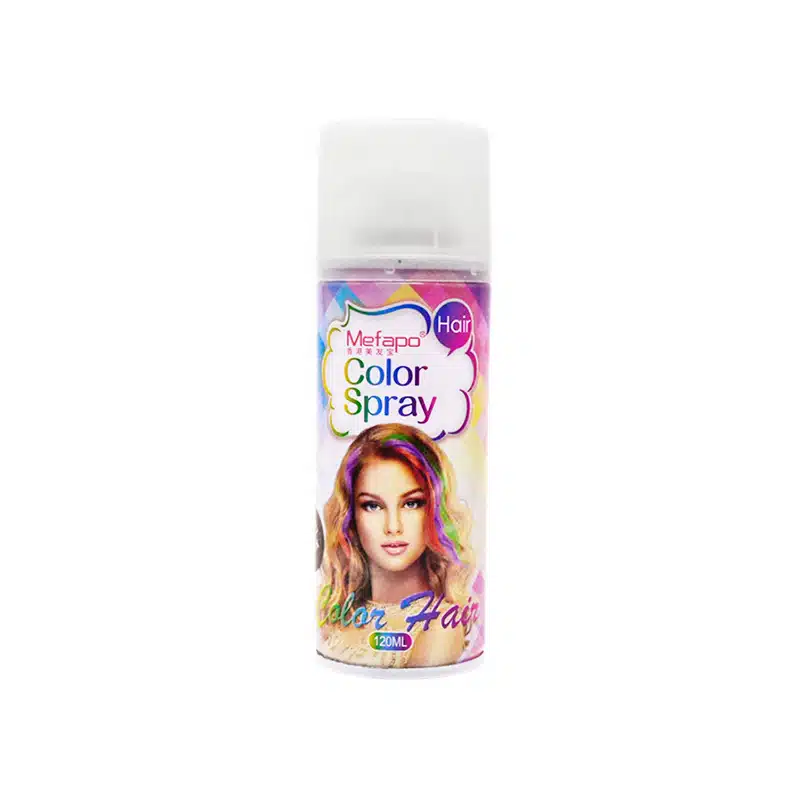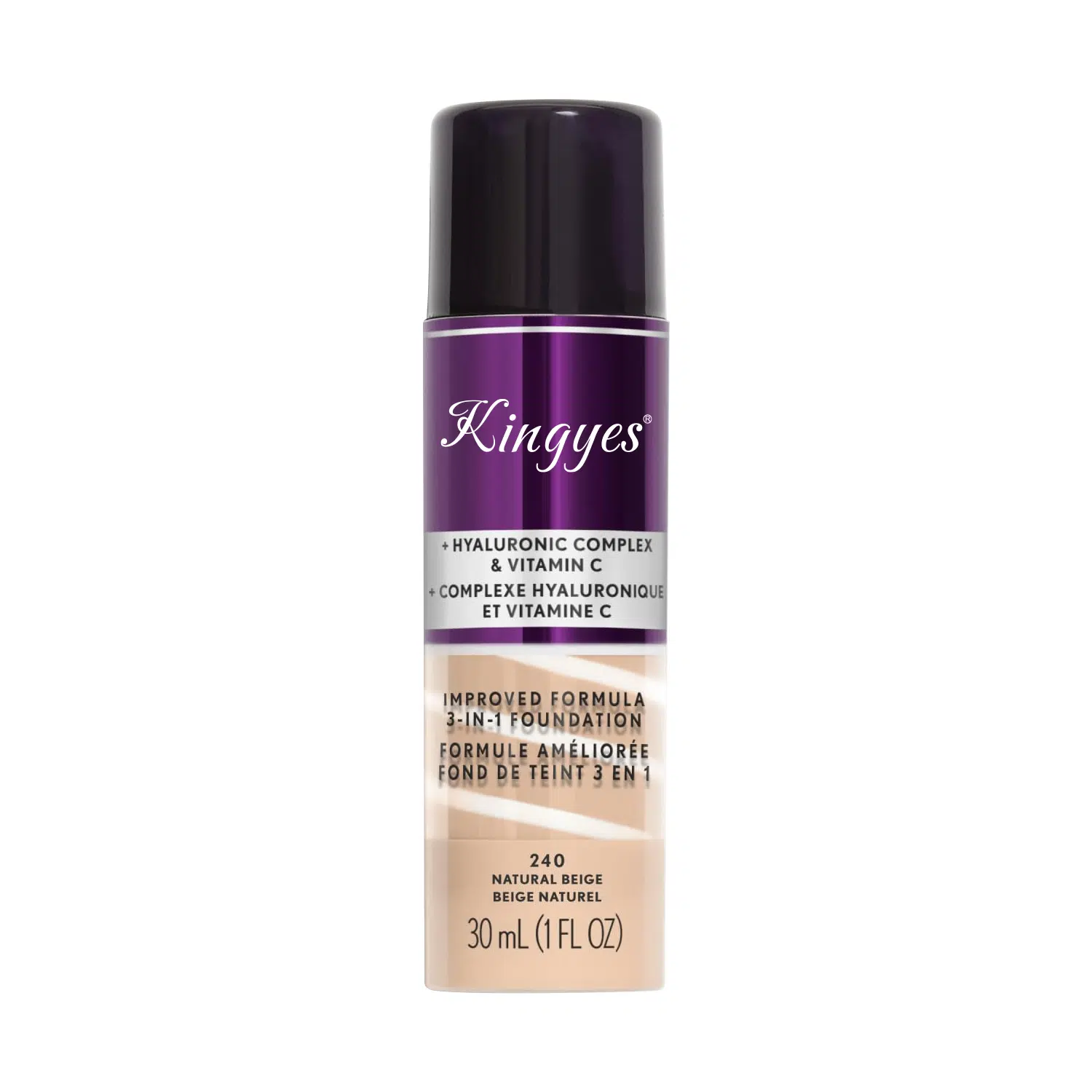
What Are The Disadvantages Of Oiling Our Hair?
Table of Contents
While oils can nourish and smooth your hair, overdoing it might lead to unexpected issues. In this article, we’ll explore the potential downsides of oiling your hair and help you make informed decisions for the best hair care.
Introduction to Hair Oiling
Hair oiling is a traditional practice believed to nourish the hair and scalp. Oils like argan oil, coconut oil, and castor oil are commonly used to hydrate and add shine. However, not all hair types respond the same way to oiling.
What Happens When You Over-Oil Your Hair?
Greasy Hair Feel
Applying too much oil can make your hair feel greasy and heavy. This hair feel is often unpleasant, especially for those with fine hair.
Clogged Scalp Pores
Excessive oiling may clog the pores on your scalp, leading to issues like dandruff and even hindering hair growth.
Attraction of Dirt and Dust
Oily hair can attract more dirt and dust from the environment, making your hair look dull and dirty.
Can Oiling Cause Scalp Issues?
Attraction of Dirt and Dust
Some oils might irritate the scalp, especially if you have sensitive skin. Ingredients like mineral oil or synthetic additives can exacerbate this.
Allergic Reactions
Using oils without knowing their key ingredients can lead to allergic reactions, causing redness or itching.
Fungal Infections
Over-oiling creates a moist environment on the scalp, which might promote fungal growth.
Impact on Different Hair Types
Fine Hair
For those with fine hair, heavy oils can weigh down strands, making hair look flat and lifeless. Opting for weightless oils like grapeseed oil may be better.
Thick Hair
While thick hair might handle oils better, overuse can still lead to buildup and greasiness.
Color-Treated Hair
Oils can affect the longevity of hair color. Some oils might strip color from color-treated hair, leading to fading.
Does Oil Attract Dirt and Dust?
The Sticky Truth
Oils can make hair sticky, attracting pollutants. This not only affects the appearance but can also impact hair health.
Increased Washing Frequency
You might find yourself washing your hair more often to combat the greasy hair feel, which can strip natural oils and dry hair out.
Is There a Right Way to Apply Hair Oil?
Less is More
- Use a small amount of hair oil.
- Focus on the ends rather than the scalp.
Choose the Right Oil
- For dry hair, argan oil or jojoba oil can hydrate without overwhelming.
- Fine hair benefits from lightweight oils like verb ghost weightless hair oil.
Timing Matters
- Apply oil as a pre-wash treatment.
- Avoid leaving oil in hair for extended periods.
Alternatives to Traditional Hair Oils
Nourishing Hair Oil Sprays
These offer a lightweight formula that can smooth hair without heavy residue.
Oil-Infused Hair Products
Products like moroccanoil treatment combine oils with other ingredients for balanced hair treatment.
DIY Oil Blends
Create your own oil blend using lighter oils to suit your hair needs.
Frequently Asked Questions
1. Can oiling hair lead to hair loss?
Excessive oiling can clog scalp pores, potentially hindering hair growth. It’s important to oil hair moderately.
2. How often should I oil my hair?
For most hair types, once a week is sufficient. Over-oiling can lead to buildup and greasiness.
3. Which oils are best avoided?
Heavy oils like castor oil might not suit everyone. Also, oils with synthetic additives or silicone can cause buildup.
4. Can I oil my hair if I have a sensitive scalp?
It’s advisable to perform a patch test first. Opt for gentle oils like sweet almond oil.
5. Does oiling help with split ends?
While oils can temporarily smooth split ends, they don’t repair them. Regular trims are necessary.
6. Is it okay to leave oil in hair overnight?
Leaving oil overnight can clog pores. It’s better to keep it on for a few hours before washing.
Conclusion
While hair oiling has its benefits, understanding the disadvantages is crucial. Overusing or misusing oils can lead to greasy hair, scalp issues, and other problems. By applying oils correctly and choosing the right products, you can enjoy healthy, smooth hair without the drawbacks.
Key Takeaways
- Moderation is Key: Avoid over-oiling to prevent greasiness and buildup.
- Know Your Hair Type: Choose oils that suit your specific hair type.
- Focus on Application: Apply oils properly, focusing on ends, not the scalp.
- Consider Alternatives: Use lightweight or oil-infused products if traditional oils don’t suit you.
- Patch Test New Oils: Prevent allergic reactions by testing first.
Comments
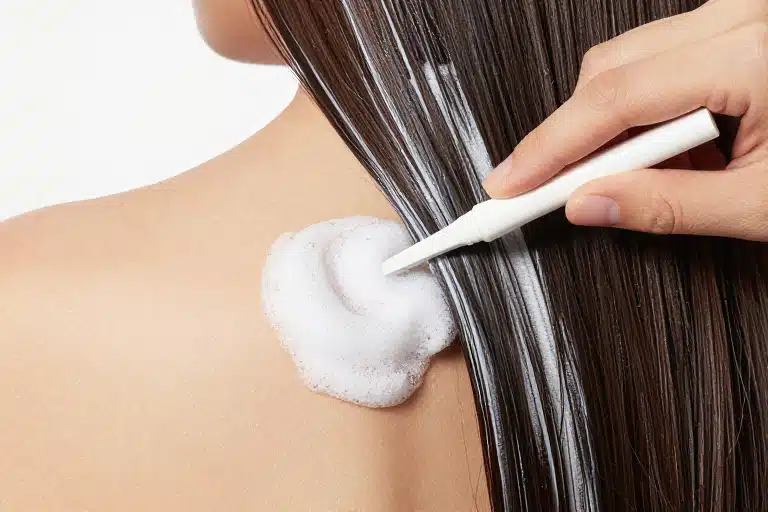
How to Get Hair Dye Off Skin: The Only Guide You Need
Picture this.
You just dyed your hair. You used a new color. It looks great. Your hair shines. You feel happy. You feel like a new person.
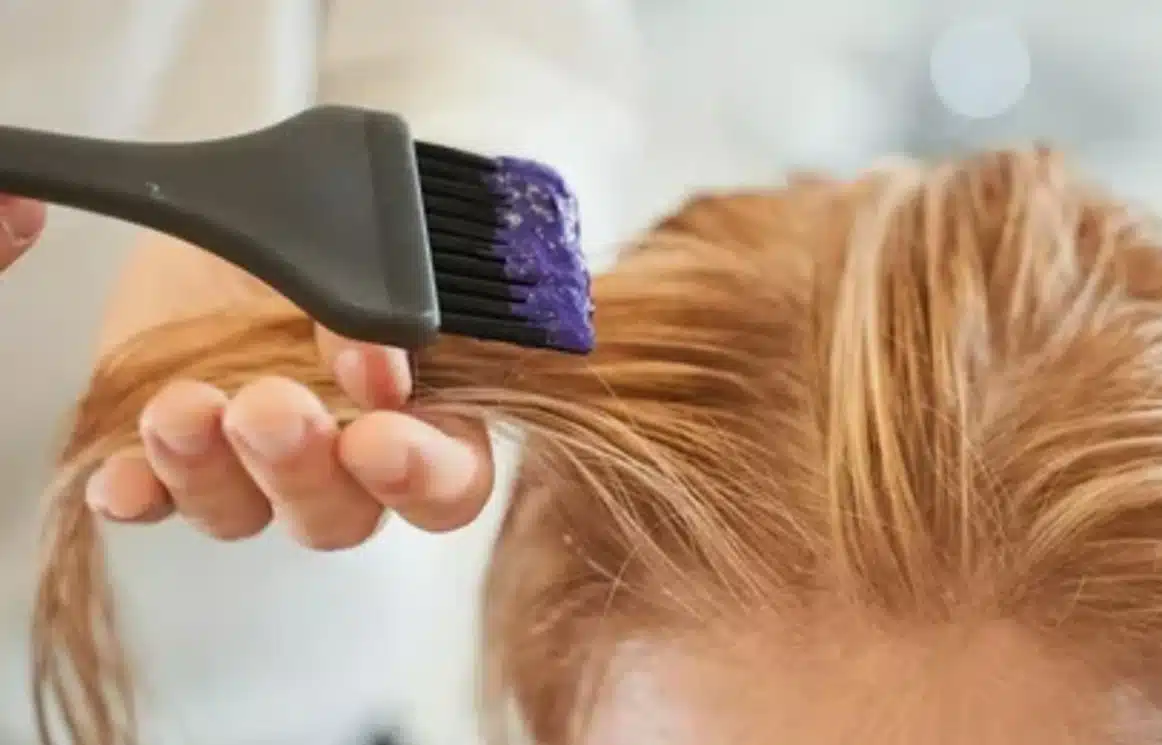
How Damaging Is Permanent Hair Dye?
Curious about how much permanent hair dye can affect the health of your hair?
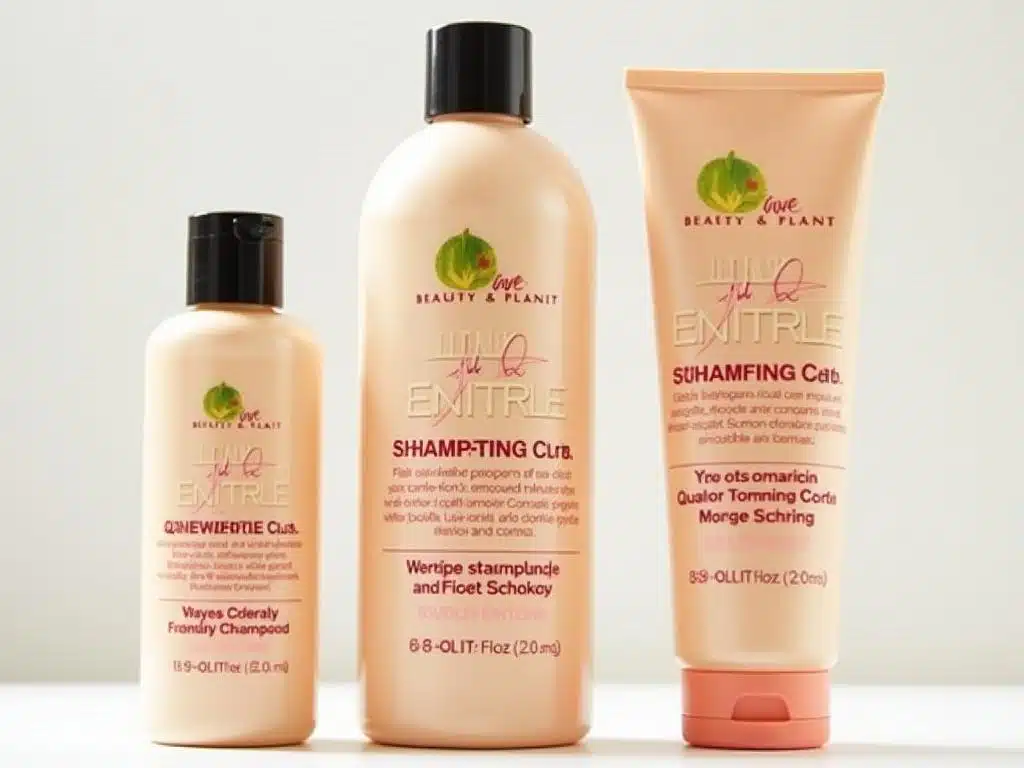
Is Love Beauty And Planet Good For Hair?
Love Beauty and Planet has carved a niche in the hair care and beauty industry by offering products that are both effective and ethically conscious.
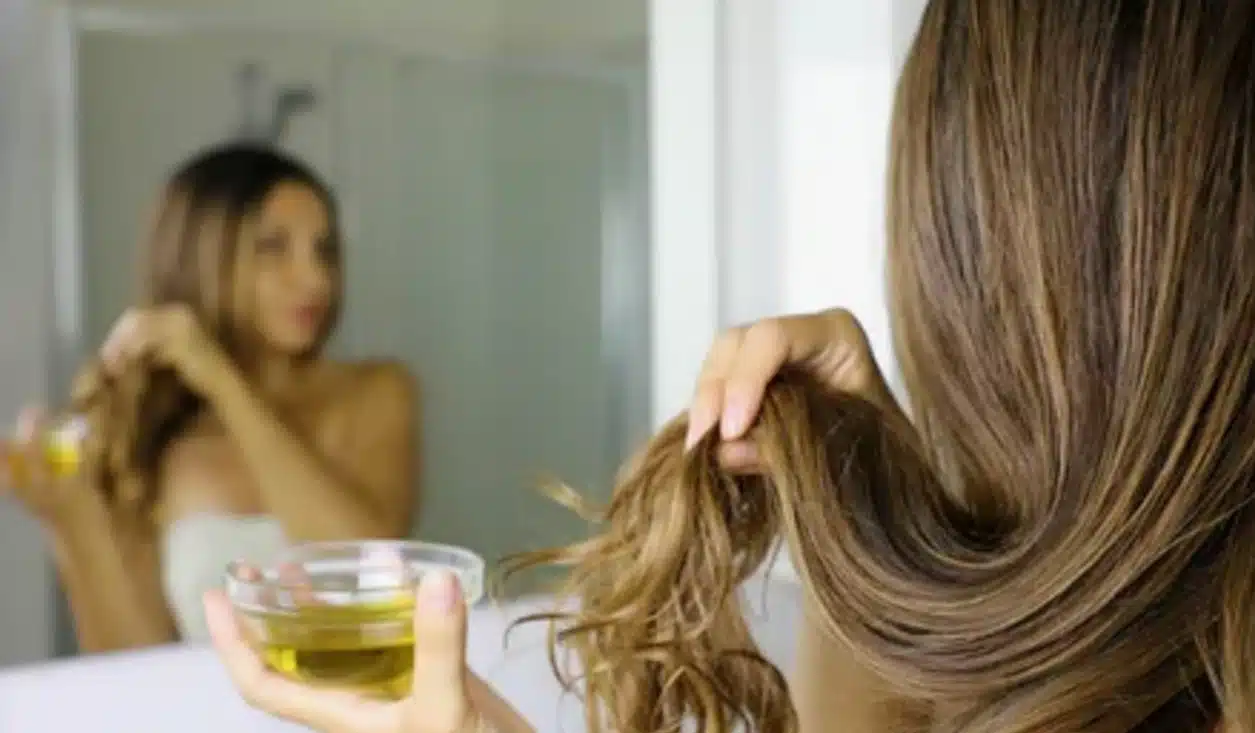
What Are The Disadvantages Of Oiling Our Hair?
Ever wondered if applying hair oil is truly beneficial?
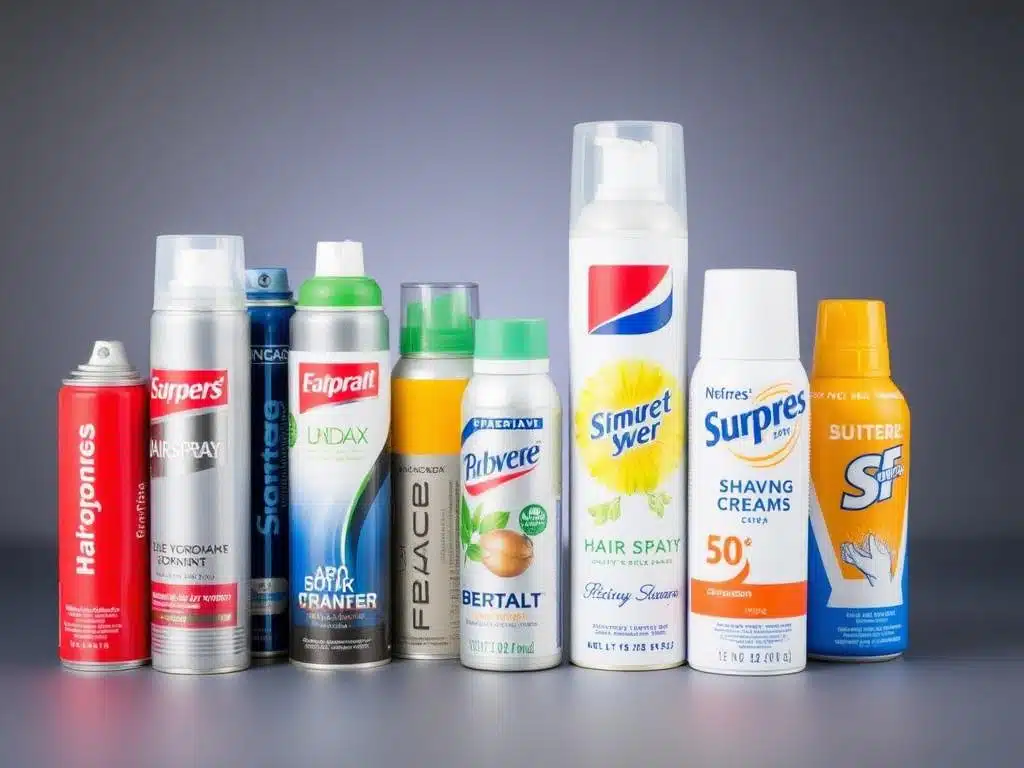
What Are Examples Of Aerosols Products?
Ever wondered what that fine mist from your spray can is?
- +86 151 1839 7303
- [email protected]
- Mon-Sun 07:00-23:00
Tags

How to Choose a Reliable Cosmetic OEM Manufacturer in China?
How to Pick a Good Makeup Maker in China: A Guide for You.
You possess a concept.
A new face cream. A new hair spray. A new nail color.

How to Get Hair Dye Off Skin: The Only Guide You Need
Picture this.
You just dyed your hair. You used a new color. It looks great. Your hair shines. You feel happy. You feel like a new person.

How Often Should You Wash Your Hair? The Ultimate Guide
The alarm rings.
You wake up. You stretch. You walk to the mirror.
You look at your hair.

